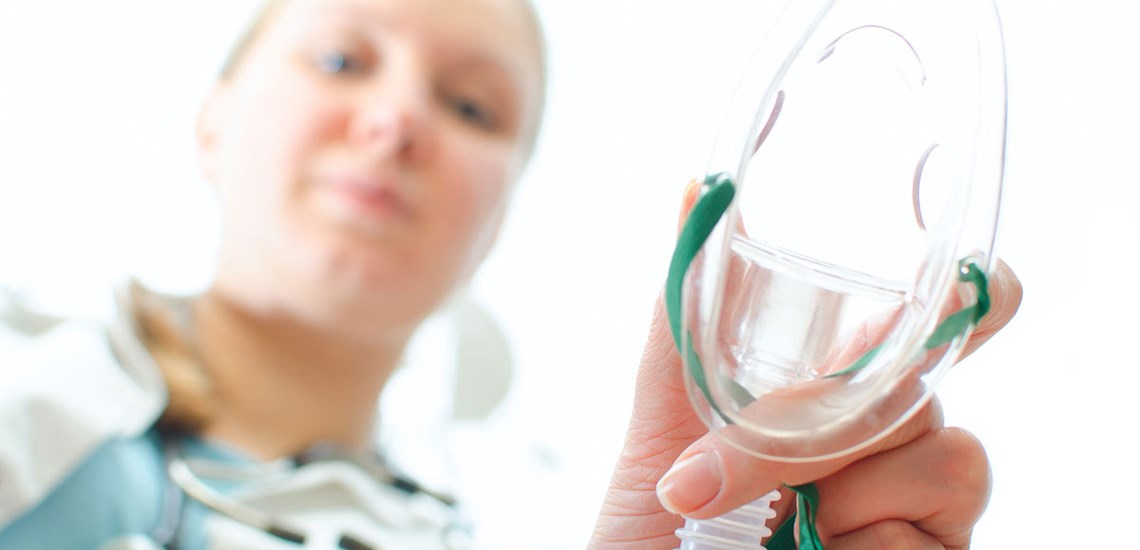Anesthesia and your child

The thought of your child undergoing general anesthesia is by far the most frightening part of any planned or unplanned surgery for most parents. Anesthesia is medicine that allows surgery, a medical test, or medical treatment to be done without pain, memory, or movement. Anesthesia will temporarily put your child to sleep. The anesthetic used could be:
-
general — in which your child would be "asleep"
-
regional — when one large area of the body is numbed
-
local — when one small part of the body is numbed
The anesthesiologist will go over your child's medical history and all their information thoroughly, so that he or she can make the right choice of anesthetic medicines for your child. They will also let you know whether your child can eat or drink before surgery and give you specific instructions based on your child's age, medical condition, and the time of day of the procedure. In most cases the child is not allowed to eat 7-8 hours before surgery because the body normally has reflexes that prevent food from being inhaled into the lungs when it's swallowed or thrown up. Anesthetic medicines can suspend these reflexes, which could cause food to become inhaled into the lungs if there is vomiting or regurgitation under anesthesia.
Before, during, and after anesthesia, your child's heart rate, blood pressure, breathing, temperature, and oxygen level in the blood are watched. Once the operation or procedure is over, the anesthesiologist will reverse the anesthesia process and help your child "wake up"
The only reason for a parent to be in the operating room is to help their child feel better as they go off to sleep. If you yourself feel unsure about how you will react, it is better if you are not there. Seeing a parent having a strong emotional reaction is not reassuring to the child, and may actually be worse than having to go through the procedure alone.
After surgery, children are often disoriented, frightened, nauseated, hungry and dehydrated. All of these things can add to stress and children tend to cry in stressful situations. Children usually feel better within 30 minutes or so, once they have woken up more fully and have had something to eat or drink.
Remember, children who understand what is happening will have a more positive hospital experience, so it is important to be honest with your child, keeping in mind your child's age and level of maturity.